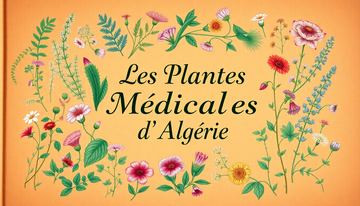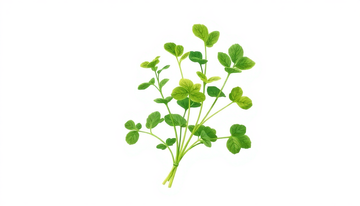Algeria, a country rich in ancient traditions, is renowned for its exceptional expertise in the field of ceramics. This art, deeply rooted in the country's culture, has spanned centuries, continually reinventing itself to adapt to the modern world. Let's delve into the fascinating world of Algerian ceramics, where millennia-old heritage meets contemporary creativity.
Origins of Algerian Ceramics
The roots of Algerian ceramics trace back to ancient times, shaped by Berber, Kabyle, and Islamic influences that have marked the country's history. Since antiquity, the indigenous populations mastered the art of pottery, using unique shaping and decoration techniques that reflect their connection to the land and nature.
The arrival of Islam in the 7th century profoundly influenced the aesthetics of Algerian ceramics, introducing new geometric and calligraphic motifs. Artisans skillfully integrated these elements into their creations, giving rise to a distinctive style imbued with spirituality and symbolism.
During the colonial period, Algerian ceramics faced numerous challenges, but artisans preserved their craftsmanship, adapting their techniques to market demands. This era also saw the emergence of new influences, particularly European, which enriched the stylistic repertoire of ceramics.
Traditional Techniques of Algerian Ceramics
Algerian ceramics are distinguished by the diversity of their manufacturing techniques, passed down from generation to generation. Hand shaping using the potter's wheel is an ancestral practice that brings unique pieces to life, imbued with deep symbolic meaning.
The characteristic motifs and decorations of Algerian ceramics reflect the richness of its cultural heritage. Geometric, calligraphic, floral, and figurative patterns, each ornamental element carries a story, a tradition, a worldview. Artisans use a palette of traditional colors, ranging from ochres, reds, and blacks to blues and greens, giving their creations a distinctive aesthetic.
Regions Famous for Ceramics
While ceramics are present throughout Algeria, certain regions have become true production and dissemination centers of this art.
Kabyle pottery, with its elegant shapes and geometric decorations, is undoubtedly one of the most renowned. Tipaza, on the other hand, is known for its ceramics with floral and calligraphic motifs, reflecting Arab-Muslim influence. Other centers such as Tlemcen, Ghardaïa, and Dellys have also gained international acclaim for their exceptional craftsmanship.
Modern Algerian Ceramics
Far from being confined to tradition, Algerian ceramics have evolved and adapted to contemporary demands. Young artists, driven by a spirit of innovation, push the boundaries of this ancestral art, blending traditional techniques with modern approaches.
Thus, we see the emergence of creations that harmoniously mix the emblematic motifs of Algerian ceramics with refined shapes, bold colors, and novel functionalities. This fusion of tradition and modernity attests to the vitality and adaptability of this art, which knows how to reinvent itself while preserving its essence.
Economic and Cultural Importance of Ceramics
Beyond its artistic value, Algerian ceramics play an essential role in the country's economy and cultural heritage preservation. A true jewel of Algerian craftsmanship, it represents a significant source of income for many families, contributing to local development and the valorization of expertise.
Ceramics are also a key element of Algerian cultural identity, reflecting the diversity of influences that have shaped the country's history. The transmission of these ancestral techniques from generation to generation keeps a millennia-old tradition alive, a source of national pride.
Challenges and Future Prospects
Despite its richness and radiance, Algerian ceramics face certain challenges in the context of globalization. Preserving traditional know-how, training young artisans, and adapting to modern market demands are all challenges to be met to ensure the sustainability of this art.
However, the future prospects are promising. With increased support from public authorities, initiatives to valorize heritage, and an openness to international markets, Algerian ceramics have the potential to assert themselves as a true flagship of national craftsmanship, bearing a unique cultural identity.
Conclusion
Algerian ceramics are much more than mere decorative art; they are a true testament to the country's history, culture, and identity. From its ancestral origins to its contemporary expressions, this art embodies the richness and diversity of a people proud of their heritage. As Algeria continues its journey towards modernity, ceramics remain an unbreakable link to its roots, a means of preserving and transmitting an invaluable heritage.





